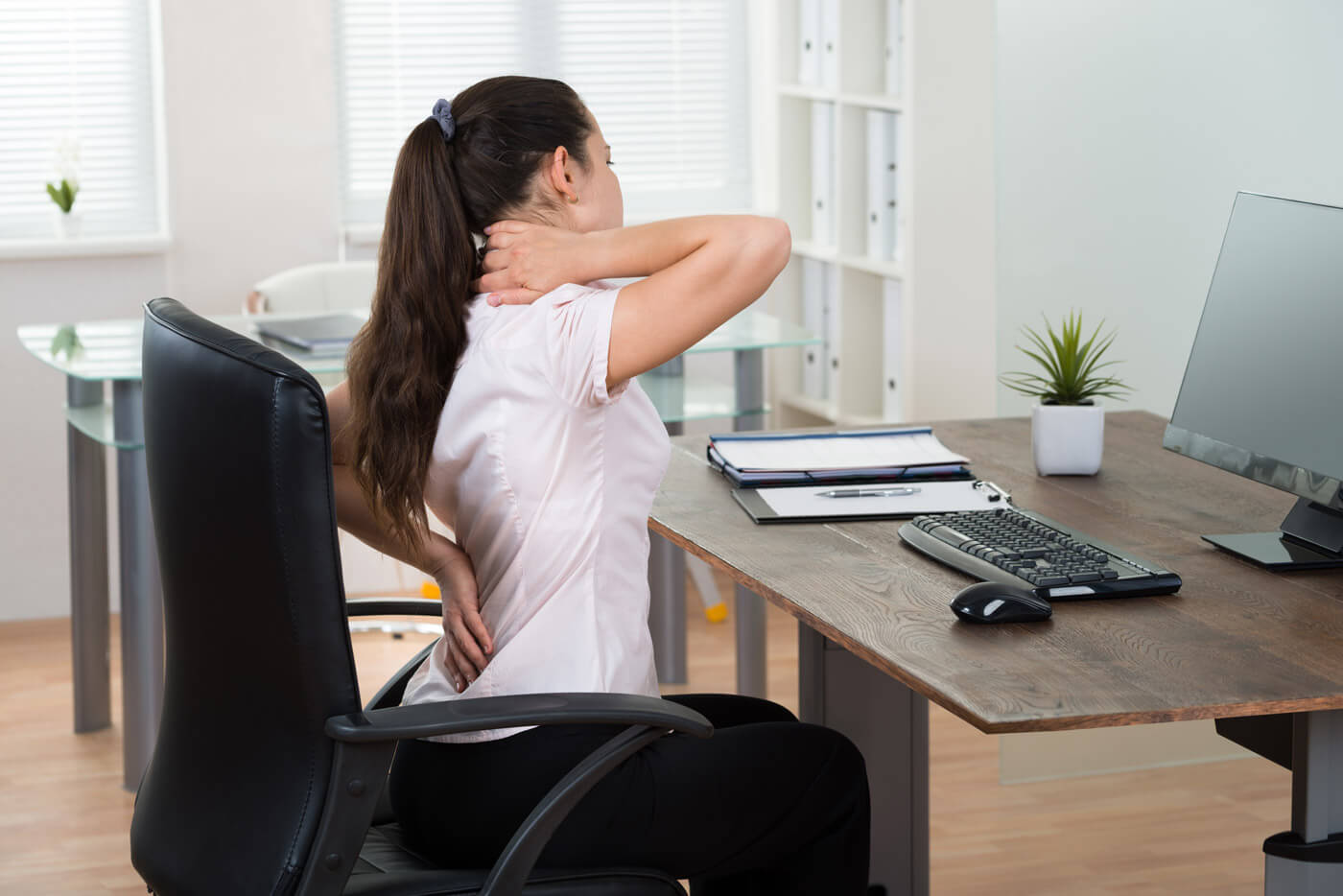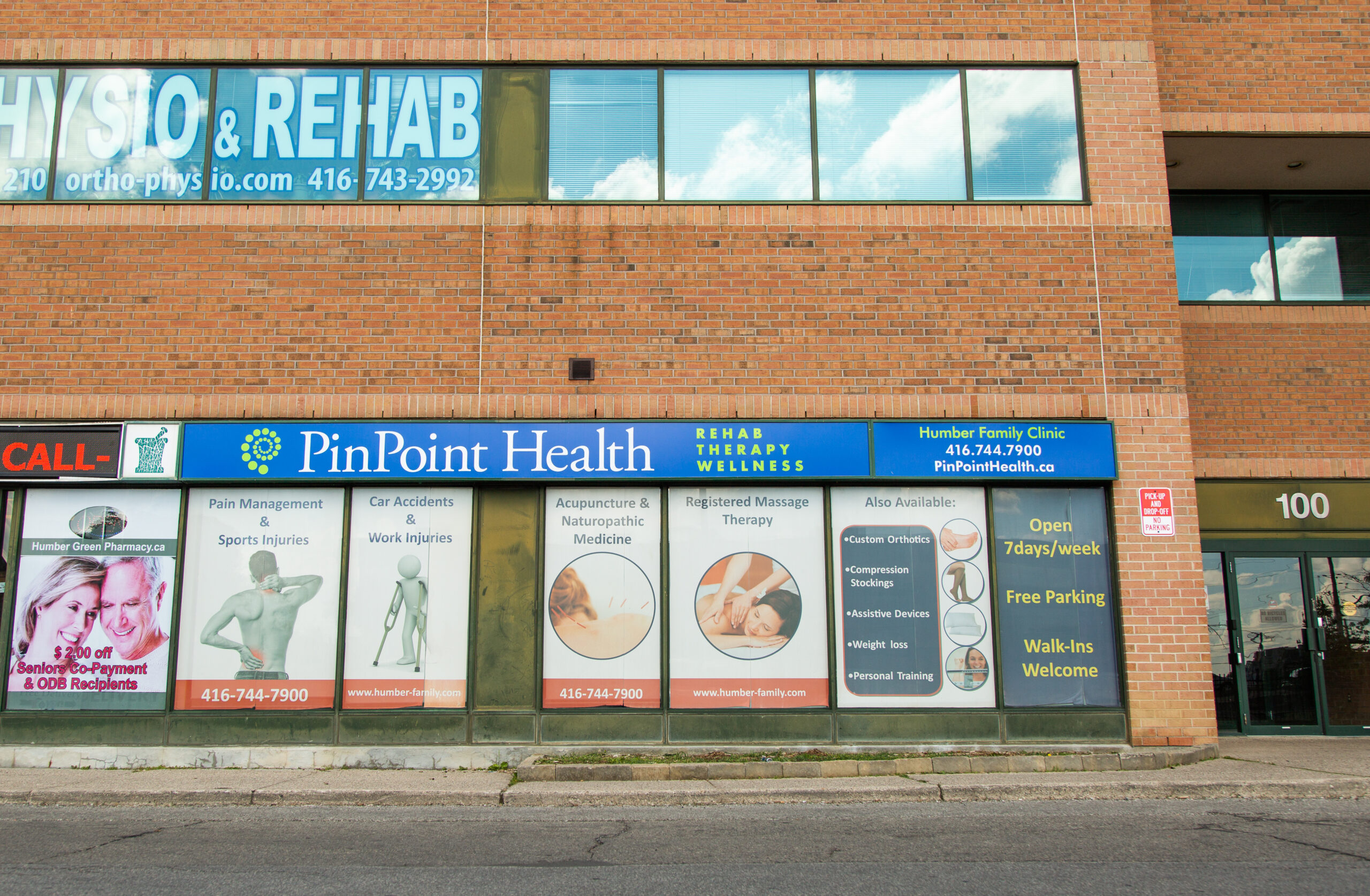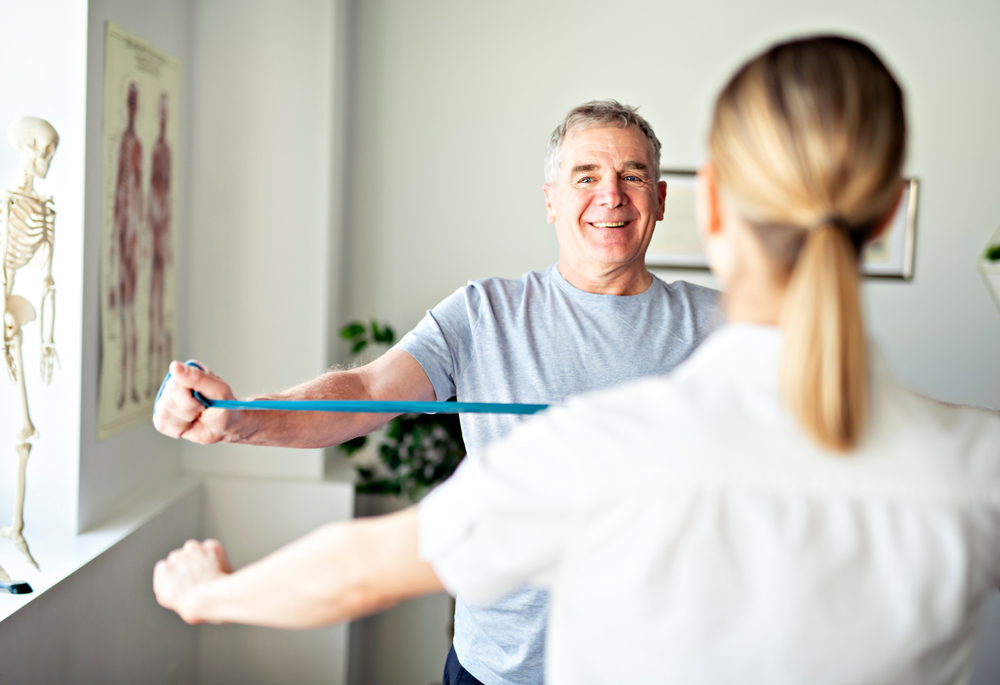It’s usually considered a sign of age. It comes from the grunts and groans that some ‘older’ people make when the get up from a chair or bed after sitting or lying down for some time.
For the record, tight, sore, aching muscles can happen to adults of any age. As we age, our muscles lose some of their pliability, and that means our bodies don’t bounce back as quickly when we move after being stationary for an extended period.
Why Your Muscles Get Stiff
Generally speaking, it’s that inactivity we just spoke about that’s to blame for your sore, aching muscles. It’s one of the reasons why sitting is considered so bad for you. As a practical example of what we mean, think about when you’ve just finished an activity, even something like walking. How sore are your muscles? Unless you’ve just walked across town, the answer is probably ‘not sore at all’. Now think about every time you get up from your desk at work, of after binge watching TV. Even if you’re younger, you’re very likely at least be somewhat stiff from remaining in the same position for so long.
Sitting Might be the Worst Inactivity of All
Sitting has become a villain in the battle to live healthier lives. And for good reason. Basically, sitting puts a number of our main musculoskeletal areas into unnatural positions for a long time.
For example, when you are working on a computer at a desk, you are probably in a hunched position, with your head leaning forward, for an extended period. Your head is heavier than you think, and supporting it when you are looking down is not easy. The job falls to your trapezius muscles, which go from you upper back, through your shoulders and into your neck. The ongoing effort to keep your head from falling into your chest fatigues the muscles and tightens them.
Just like when you squeeze the water out of a wet towel, blood is squeezed from muscles that have been tightened for a long time. That robs the muscle of oxygen and nutrients so it can’t operate at full capacity.
How to Reduce the Ravages of Sitting
The easy solution to the problems caused by sitting is to stay as active as possible and don’t ever sit for too long. But considering that’s impossible for just about everyone, at least for those who make their living working at desks, they can try some or all of the following ways to avoid the aches and pains of tightened muscles:
1. Stretch Often
Some people say at least every hour, others say every 20 minutes. In any case, taking regular breaks from sitting to do some stretching goes a long way to keeping your muscles loose. Do stretches that extend your hip muscles and/or your shoulder muscles.
2. Improve Your Core Stability
Yet another drawback of too much sitting is that it weakens your core muscles. And that forces your other muscles to do more work to compensate, further tightening them. If you can’t get into a full core stability program, try adding some core-strengthening exercises to your routine and/or to your regular breaks from sitting. Try a 30-second plank or a dead bug exercise.
3. Strength Training
There’s more than one study that shows strength training can be just as good for improving muscle flexibility as stretching. While you may not have a set of weights at work, you could try push-ups, even on the edge of a desk, or raising you’re hips as high as you can in a yoga-style ‘bridge’ and lowering them to the floor again.
As always, never start or change your exercise or activity routines or levels without consulting your doctor or physiotherapist. The overall idea to improve your tight, aching muscles is to stay as active as possible. You can also do that throughout the day by simply taking every chance you get to stand up or walk around, like during a phone call or one-on-one meeting.





